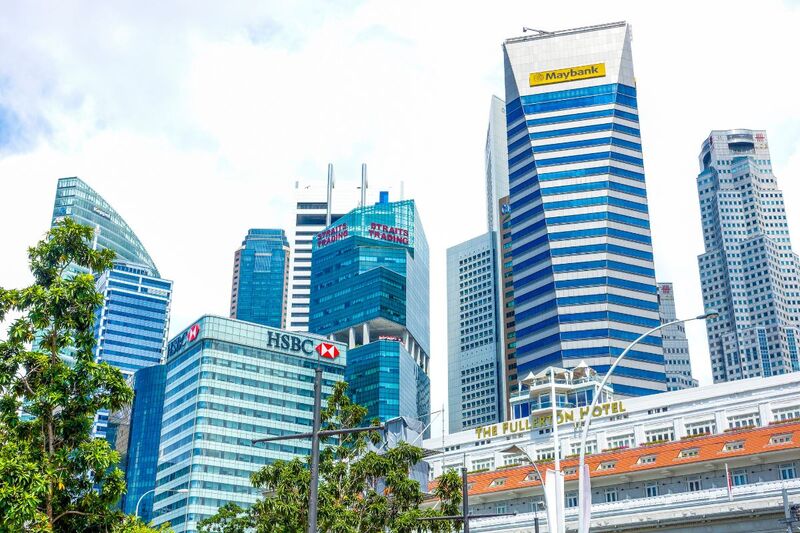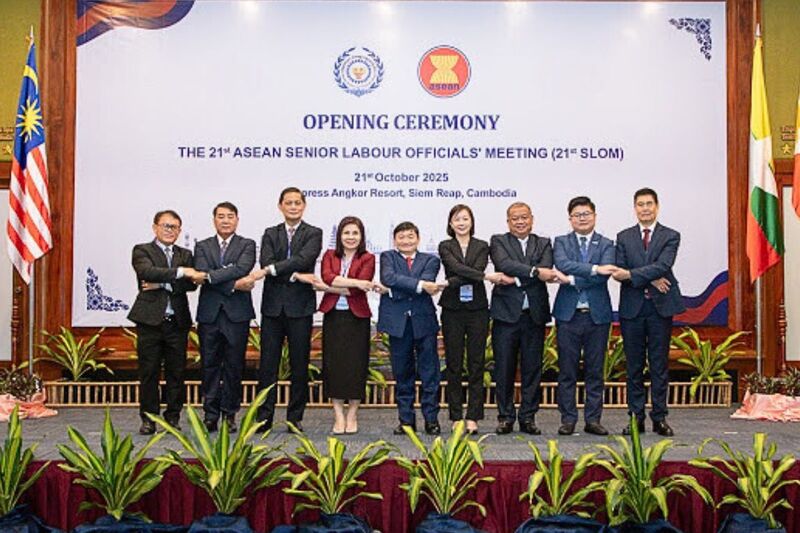How Singapore Celebrates the Hungry Ghost Festival: Top Dos and Don'ts
The Hungry Ghost Festival, known as Zhong Yuan Jie (中元节), is a significant event in Singapore, deeply rooted in Buddhist and Taoist traditions. Celebrated during the seventh lunar month, which typically falls around August, this festival is a time when the spirits of the deceased are believed to roam the earth. Singaporeans honour their ancestors and make offerings to wandering souls, ensuring they are appeased and their blessings are received. Here, we explore how Singaporeans celebrate the Hungry Ghost Festival and provide a guide to the top 15 dos and don'ts to observe during this period.
Celebrations and Traditions
Origins and Significance
The Hungry Ghost Festival has a dual origin story in Taoism and Buddhism. Taoists focus on appeasing wandering souls released from the netherworld, while Buddhists emphasise filial piety and making offerings to ancestors to relieve them from suffering. In Singapore, this festival has been observed since the 19th century and has evolved into a unique cultural event that combines both religious and community activities.
Key Activities
1. Offerings and Prayers: Throughout the seventh lunar month, Singaporeans make offerings of food, joss sticks, candles, and paper effigies such as houses, cars, and clothes. These offerings are burnt to ensure that the spirits can use them in the afterlife.
2. Neighbourhood Celebrations: Communities organise dinners, auctions, and stage performances, including the traditional Chinese opera and modern getai shows, which entertain both the living and the spirits.
3. Special Rites: Taoist priests perform rites, and devotees visit temples to pray for happiness, avoid disasters, and repent for their sins.
Top 15 Dos and Don'ts During the Hungry Ghost Festival
Dos
1. Do Make Offerings: Prepare food, joss sticks, and paper effigies as offerings to the deceased to show respect and appease the spirits.
2. Do Attend Community Events: Participate in neighbourhood dinners, auctions, and getai performances to honour the festival traditions.
3. Do Respect Rituals: Follow the local customs and rituals associated with the festival, such as burning joss paper and making offerings.
4. Do Be Cautious with Decorations: Use red lanterns and other traditional decorations to ward off spirits.
5. Do Observe Safety Precautions: Use designated containers provided by authorities for burning offerings to minimise pollution and fire hazards.
Don'ts
1. Don’t Stay Out Late: It is believed that ghosts roam the streets after sunset. Avoid night-time activities to prevent encounters with spirits.
2. Don’t Open Umbrellas Indoors: Ghosts may seek shelter in open umbrellas, so keep them closed when indoors.
3. Don’t Wear Red: Spirits are attracted to the colour red, so avoid wearing red clothing to minimise attracting unwanted attention.
4. Don’t Talk About Ghosts: Avoid discussing or telling ghost stories to prevent attracting spirits.
5. Don’t Stick Chopsticks Upright in Food: This resembles incense sticks used for the dead and could attract spirits to your meal.
6. Don’t Swim: Spirits are believed to reside in water, so avoid swimming, especially at night.
7. Don’t Take Photos Late at Night: You might capture spirits in your photos, which is considered bad luck.
8. Don’t Step on or Kick Offerings: Respect the offerings placed on roadsides or in public spaces as they are meant for the spirits.
9. Don’t Move House or Start New Ventures: The seventh lunar month is considered inauspicious for major life changes such as moving house or starting a new business.
10. Don’t Hang Clothes Outside at Night: Spirits might attach themselves to your clothes if left out overnight.
11. Don’t Pick Up Coins or Items from the Ground: These items may belong to spirits and picking them up could bring bad luck.
12. Don’t Sit in the Front Row of Getai Performances: The front row is reserved for spirits, so leave these seats empty.
13. Don’t Whistle or Sing at Night: This could attract spirits who might be drawn to the sound.
14. Don’t Engage in Physical Altercations: Negative energy could attract malevolent spirits.
15. Don’t Hang Wind Chimes: The sound of wind chimes is believed to attract spirits, so avoid using them during this month.
Conclusion
The Hungry Ghost Festival is a deeply significant cultural event in Singapore, blending religious rituals with community activities. By observing the dos and don'ts of the festival, Singaporeans show respect to the spirits and maintain harmony with the otherworldly visitors. As the festival approaches, let us embrace these traditions and ensure a peaceful and respectful celebration.
By following these guidelines, businesses and individuals in Singapore can navigate the Hungry Ghost Festival with respect and mindfulness, ensuring a harmonious experience for both the living and the spirits.
For more information on the Hungry Ghost Festival, visit local temples or community centres, and stay updated through cultural websites and news outlets.
Seeking Your Next Career Opportunity?
Submit your CV — Our trusted Career Consultants will review your resume and contact you if we find a position that matches your profile!
OR
Looking to Hire?
Please fill in this Inquiry Form — our Recruitment Consultants will be in touch with you soon!
Disclaimer:
The information provided in our blog articles is intended for general informational purposes only. It is not a substitute for professional advice and should not be relied upon as such.
While we strive to provide accurate and up-to-date information, the ever-evolving nature of certain topics may result in content becoming outdated or inaccurate over time. Therefore, we recommend consulting with qualified professionals or experts in the respective fields for specific advice or guidance. Any actions taken based on the information contained in our blog articles are solely at the reader's discretion and risk. We do not assume any responsibility or liability for any loss, damage, or adverse consequences incurred as a result of such actions.
We may occasionally provide links to external websites or resources for further information or reference. These links are provided for convenience and do not imply endorsement or responsibility for the content or accuracy of these external sources. Our blog articles may also include personal opinions, views, or interpretations of the authors, which do not necessarily reflect the views of our organisation as a whole. We encourage readers to verify the accuracy and relevance of information presented in our blog articles and to seek professional advice when needed.
Your use of this website and its content constitutes acceptance of this disclaimer.
Reference Links:
https://www.visitsingapore.com/whats-happening/all-happenings/festivals/hungry-ghost-festival/
https://thehoneycombers.com/hong-kong/hungry-ghost-festival-hong-kong-culture/






